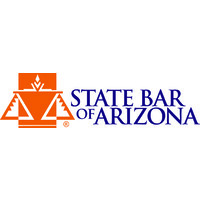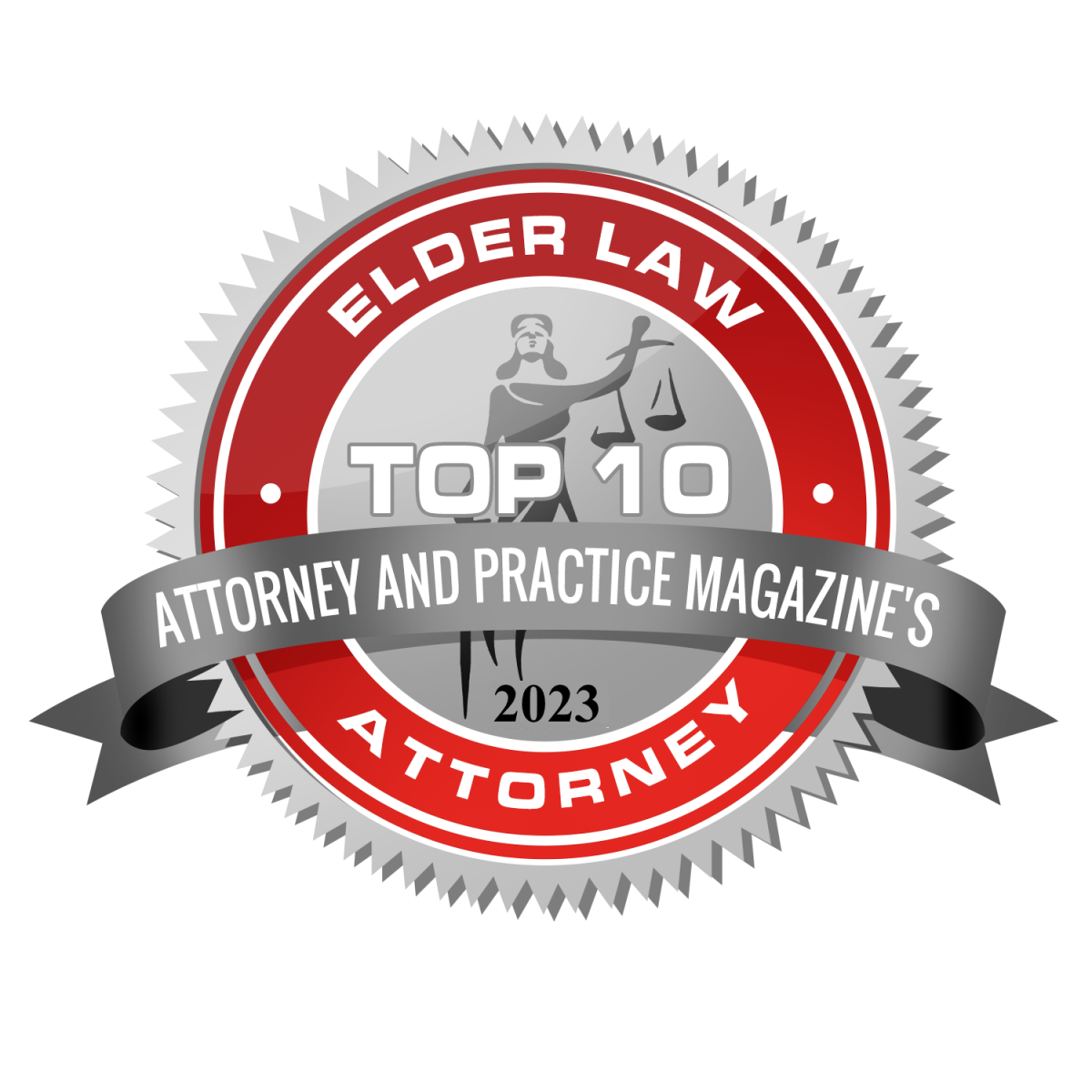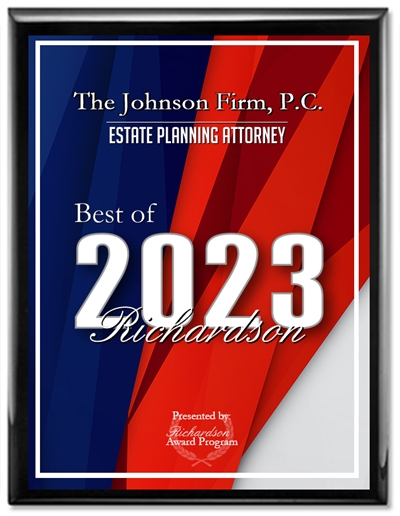Submitted by The Johnson Firm on
You might be asked to be a power of attorney for a family member or friend. Your person may be planning for when they might become unable to take care of their affairs. For example, they might become disabled or incapacitated, and they would need a trusted person to step in and manage them. This is also necessary if the person is writing a will, and his or her estate must go through the probate process.
If you are named as a guardian, executor of a person’s will, trustee, or power of attorney, the law calls you a “fiduciary.” You must act in the best interests of the person who has named you – “selflessly,” in other words. You must act loyally and in good faith.
You are not allowed to use the person’s property for your own profit. You cannot give gifts to yourself or others if the person has not authorized you to do that. You cannot mingle your person’s property with your own. If you spend a person’s money, you must carefully document the amount you spend and for what purpose.
What is a Fiduciary Relationship?
The “fiduciary” relationship imposes the highest duty in law. If you violate that duty, you may become personally liable.
Or, if you are the one who is thinking about whom you would like to name as your power of attorney (or the like), you must be sure you trust that person absolutely.
A recent New Jersey probate case shows what can go wrong. Mother Christine named Patricia, one of her daughters, to be the executor of Christine’s will. On Christine’s death, her other daughter, Diane, received a check from Christine’s estate for $10,000.00 – yet Christine’s house had sold for nearly $230,000.00.
The judge ordered Patricia to produce an “accounting” of where all that money had gone. An accounting is an inventory of estate assets and a record of all income and expenses. Patricia would not do so. Examination of the estate’s inheritance tax return revealed that despite a gross estate value of $319,368.00, the estate bank account contained only $6,886.00.
Patricia had spent $40,000.00 on what she claimed were home repair expenses, but she could produce no building permits. She had also given herself $110,000.00 as “fees” for her executor duties, plus a “gift” to herself of $27,000.00. No wonder she pled the Fifth Amendment.
The judge entered a judgment against her of $200,422.00. The judgment was affirmed on appeal, but with the requirement that the trial judge calculate the damages more specifically.
The case is In re Cenaffra, and can be found here:
https://law.justia.com/cases/new-jersey/appellate-division-unpublished/2020/a5731-17.html
Most people are not like Patricia. If you are named as guardian, power of attorney, or executor, follow a few simple principles. Make sure you don’t personally benefit from what you do with the other person’s property. You might be compensated fairly for your work, but refrain from doing anything that might look like a conflict of interest. If there are other beneficiaries waiting to receive their inheritances, be transparent. Keep the beneficiaries informed. Write down why you acted as you did, at the time you acted. Document everything. Keep receipts.
If you have questions or would like to discuss your particular situation, please contact our office at (520) 563-2020. We help people determine who should act in their best interests, and we can help those who are already named. We welcome the opportunity to speak to you.














